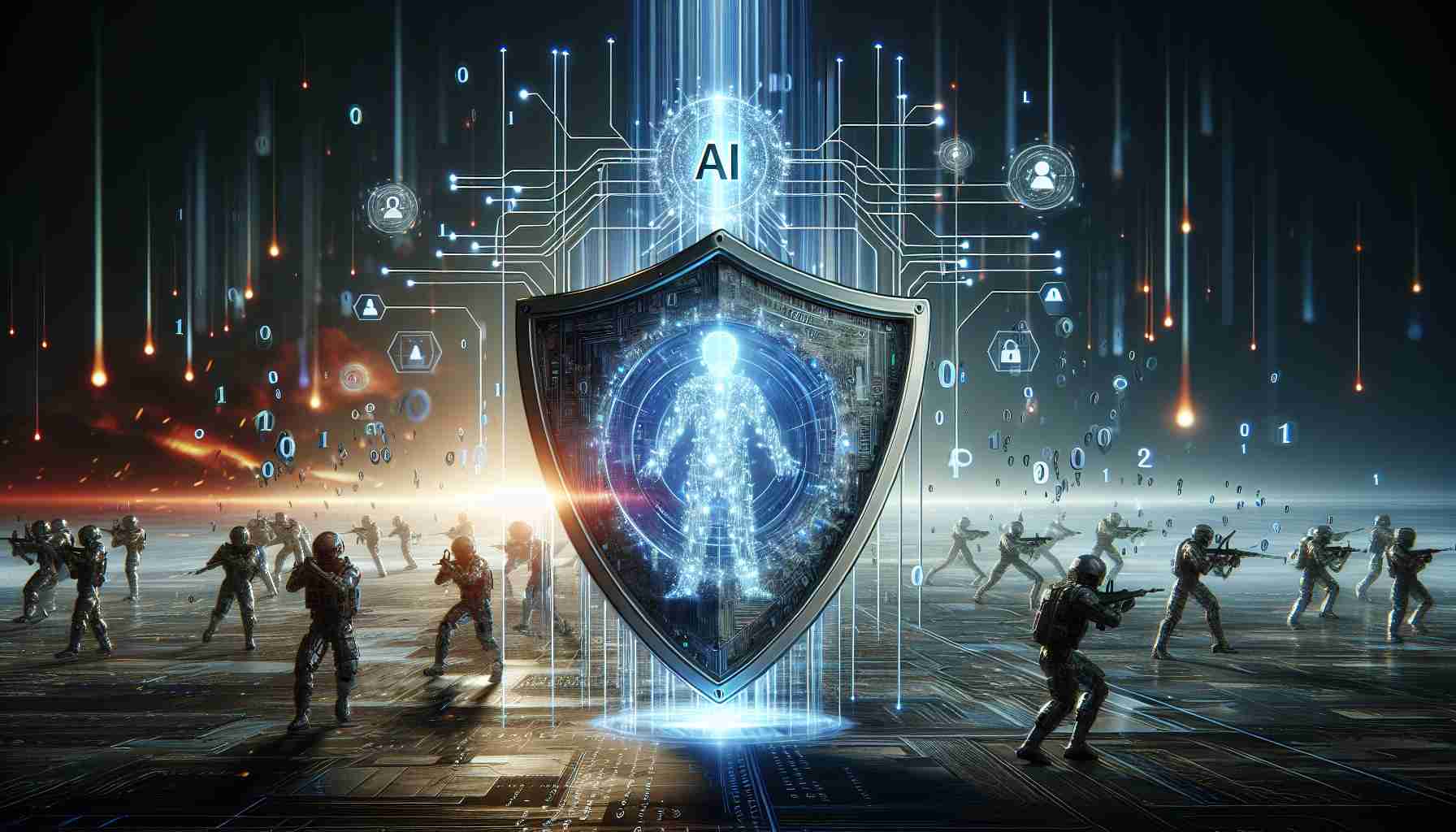AI has revolutionized various sectors, but its implication in cyber-attacks is a growing concern. AI-driven cyber-attacks can exhibit greater autonomy and inflict more severe damages through means such as malicious files, phishing scams, and large-scale Denial of Service (DDoS) assaults. Today, not only the internet but also individual ministries, departments, and localities have their own private networks. These systems have experienced unauthorized access and attacks, which could be escalated by the application of AI.
Utilizing AI to Mitigate Its Own Threats
In the face of these threats, three strategies were proposed by a representative of the Ministry of Public Security. The first strategy emphasizes the urgent need to finalize a legal framework for AI that anticipates future trends and establishes ethical standards relating to AI development and application. This includes privacy protection and human rights for both domestic and international entities.
Positive AI Versus Negative AI
The second approach suggests harnessing AI to combat itself. AI, a human invention and product of intelligence, can manifest both beneficial and harmful variants. Countering the advancement of malicious AI requires the strategic use of “good AI.”
Cybersecurity Must Work in Tandem with AI Development
The third solution underlines that AI development should go hand in hand with cybersecurity measures to prevent serious consequences from hostile takeovers or attacks. Security efforts by numerous entities are not yet adequate.
Specific actions proposed include maintaining security for system infrastructures, regular data backups, recovery practices, and simulations for incident response preparedness, especially for AI-targeted attacks. Moreover, continuous monitoring and supervision during information sharing processes are crucial to detect and address any anomalies or violations regarding personal data protection.
Finally, the article calls for the development and application of AI in monitoring network logs and traffic analysis, integrating machine learning with natural language processing to enhance the accuracy of incident response decision-making.
**Relevant Facts:**
Cybersecurity challenges are continuously evolving, as attackers leverage state-of-the-art technology to conduct sophisticated cyber-attacks. Artificial Intelligence (AI) has become both a tool for defenders and a weapon for attackers. AI systems can parse vast amounts of data to identify threats more quickly than humans can, but they can also be used to automate attacks, making them more efficient and difficult to detect.
Important Questions and Answers:
1. How does AI aid in cybersecurity?
– AI can automate the detection of cyber threats and respond to them in real time, improving the efficiency and effectiveness of cybersecurity measures. It can also predict and identify potential vulnerabilities before they can be exploited.
2. What are the risks of using AI for cybersecurity?
– AI systems can be exploited or manipulated by malicious actors. If an attacker understands how the AI operates, they can potentially feed it misleading information or find ways to bypass its detection patterns.
Key Challenges and Controversies:
One major challenge is the arms race between cybersecurity experts and attackers; as each side leverages AI to outmaneuver the other. This can lead to a continuous escalation in cyber warfare capabilities. Moreover, there is controversy surrounding the ethics of AI in cybersecurity, especially in relation to privacy and the potential for AI to make decisions with significant consequences without human oversight.
Advantages:
– Efficiency: AI can process vast amounts of data quickly, identifying potential threats faster than human analysts.
– Proactivity: AI can predict and mitigate threats before they occur, reducing the potential damage.
– Cost-Effectiveness: AI can reduce the manpower needed for monitoring and response, potentially lowering cybersecurity costs.
Disadvantages:
– Complexity: AI systems can be complex to set up and manage, requiring specialized knowledge and expertise.
– Adaptability of Threats: Attackers can adapt their strategies to bypass AI-driven security measures.
– Data Privacy: The use of AI in cybersecurity can raise concerns about the handling and analysis of personal data.
For those interested in further exploring this topic, here are a few related links:
– Cybersecurity Intelligence
– AI for Cybersecurity
– International Telecommunication Union (ITU)
It’s essential that while leveraging AI to strengthen cybersecurity, ethical considerations, public policy, and international cooperation are also taken into account to ensure the responsible use of AI technologies.

